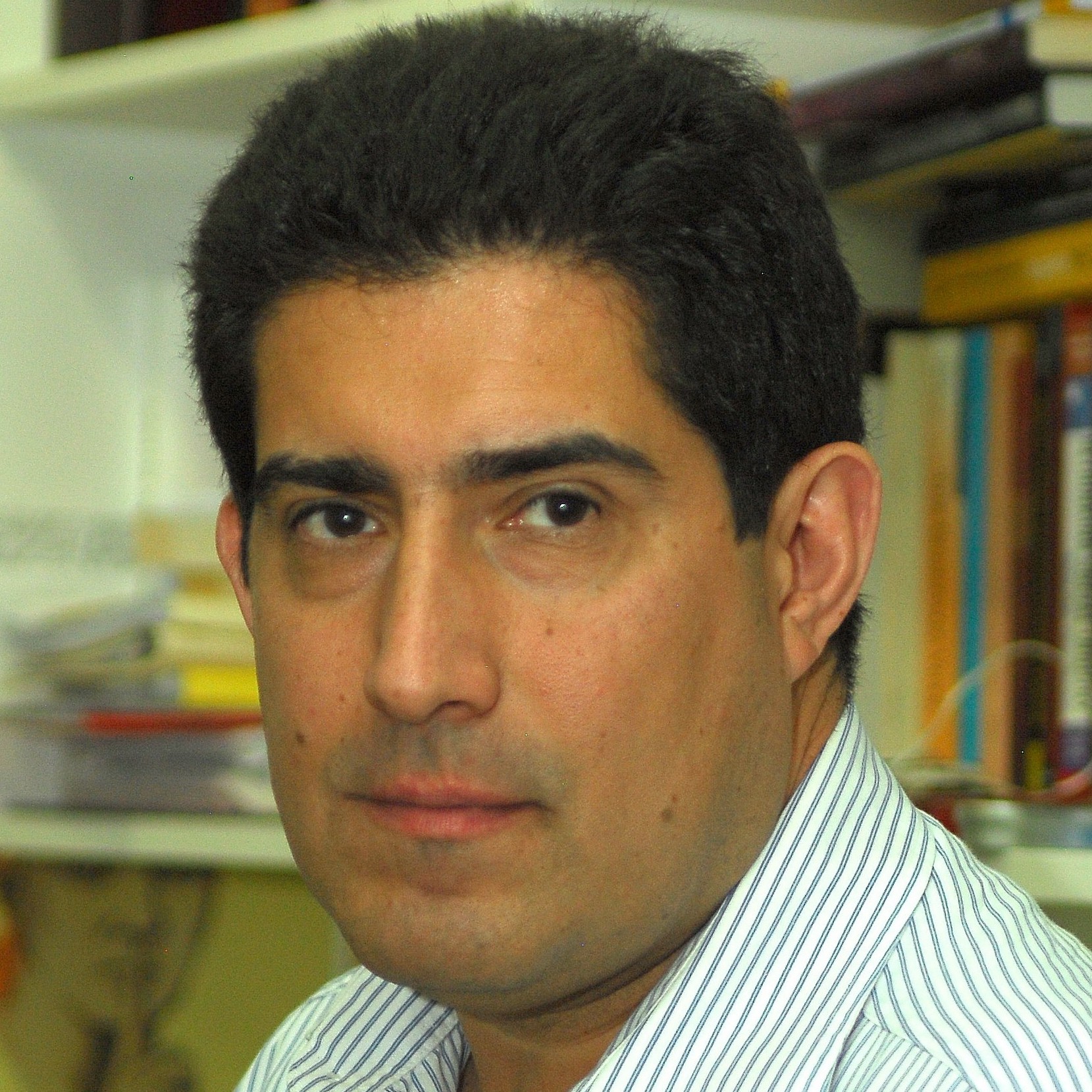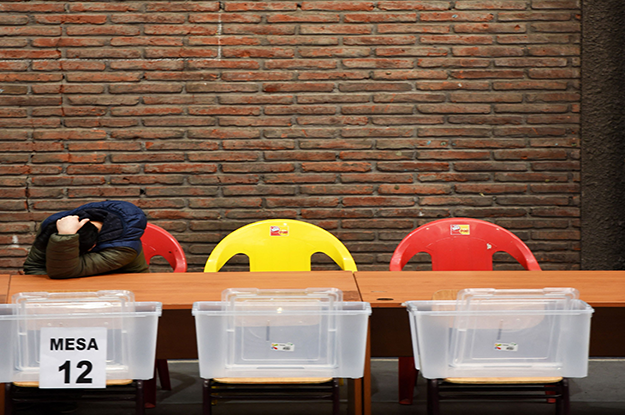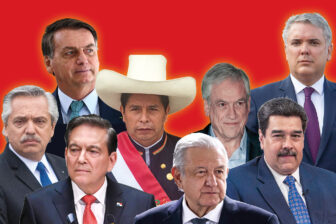At first, it seems impossible to explain: Only a year after 80% of Chileans voted to draft a new constitution, and six months after they elected a clear left-wing majority to the convention charged with writing it, voters on Sunday gave a plurality in the first-round presidential election to José Antonio Kast, a morally conservative former legislator who opposes the new constitution and has downplayed human rights violations committed by the military dictatorship. With clear momentum on his side, Kast now has a real chance to be Chile’s next president in the runoff vote to be held December 19.
Are Chilean voters behaving erratically? Are they having second thoughts on the constitution writing process? I would argue that, no, there is no confusion or repentance. Last year, most Chileans wanted — and continue to want today — pragmatic and moderate change in social policies and economic inclusion, but they do not want to throw out the baby with the bathwater. While people want a new constitution that will give them more social rights, they also want to maintain many aspects of the economic model that has brought that country so much prosperity over the past three decades. Chileans want the new constitution to entrench more social rights, but they also want a law-and-order government. The presidency will likely go to whomever is best able to articulate that balance.
The presidential election: a race to the center in the runoff
As expected, Kast and leftist two-term legislator Gabriel Boric ended up in first and second place in the first-round presidential vote. Kast and Boric received 28% and 25.7%, respectively — in line with poll predictions. Since the other 46% of voters opted for other candidates, the race for the December 19 runoff will force Kast and Boric to cater to those voters. With turnout just below 50%, the election did not attract more voters than previous presidential election contests, calling into question the claim that Chileans are highly polarized and more interested in politics than in previous election cycles. It is unlikely that the turnout in the runoff will be much higher. Thus, candidates will be required to cater to those voters whose first choices are no longer in the race.
Kast will find it easier to attract voters who supported in the first-round vote the candidate of outgoing president Piñera’s ruling coalition, Sebastián Sichel (12.7%). In turn, Boric will find it easier to attract those who supported Yasna Provoste (11.6%), the candidate of the center-left New Social Pact (the coalition in power for most of the 1990-2018 period) and left-wing candidates Marco Enríquez-Ominami (7.6%) and Eduardo Artés (1.5%). But the real prize will be the voters who cast a ballot for the candidate who ended up in a surprise third place, with 12.9% of the vote: economist Franco Parisi. Parisi, who now resides in the United States and campaigned online only (as he was allegedly unable to travel to Chile due to a legal case against him for unpaid child support) ran before, in 2013, on a populist right-wing market-friendly platform. This time around, Parisi campaigned as an anti-system candidate. Some of his voters might abstain, but Kast will try to woo them with a capitalist level-playing field and law-and-order message, while Boric will seek to offer them a social safety net and morally progressive agenda.
In their victory speeches, Kast spoke directly to the median voter while Boric focused more on left-wing voters and on the big challenge ahead. While firing up the base will be important, Boric will also need to reach out to moderate voters who are concerned with his lack of experience, young age (35) and radical proposals. In turn, Kast will need to convince voters that he is reasonable and will need to abandon his more populist right-wing proposals (like tax breaks and spending increases).
The Kast camp will want to transform the election into a choice between democracy and communism, while the Boric camp will try to make it into a choice between democracy and fascism. As they both will strive to scare voters away from their rival, we will see a lot of negative campaigning. As in other presidential election runoff campaigns, candidates will strive to present themselves as moderate and their rivals as radical. People might end up voting for the lesser of two evils and, when the next president takes office, presidential approval might quickly decline as voters grow disappointed with the priorities of a president who was not their first choice. The next Congress will also be a difficult environment for getting reforms approved, with both chambers shifting somewhat to the left as a result of Sunday’s voting but neither candidate having a clear majority.
So, what can we make of the message Chileans sent?
As the two candidates from the ideological extremes made it to the runoff, some people are tempted to say that Chileans are polarized. But more people voted for moderate candidates —though their fragmented support kept them all from making it to the runoff. Besides, Chileans know that all candidates need to adopt more moderate views in the runoff. The country has had runoff elections in every contest since 1999.
Chileans also know that the impact of this year’s presidential election will be more limited, as there is a constitutional drafting process underway. If the new constitution makes large enough modifications to the political system, new elections can be convened when (and if) the constitution is approved in an exit referendum to be held in the second semester of 2022. Put another way: Either Kast or Boric’s term could be cut short, and Chile could even switch to, for example, a parliamentary system.
That explains why the impact the constitutional convention will have on Chile’s political institutions will be far larger than whatever policy priorities the new government can move forward. In fact, if the constitutional convention and the new government clash over priorities, the constitutional convention will have the last word as it will complete the drafting of the new text several months after the new government is inaugurated. As a clash between the new government that will want to advance its priorities and the constitutional convention that has its own priorities seems possible, Chileans might want to introduce some check-and-balance provisions by voting for a government that can constrain the foundational impetus of the constitutional convention.
In fact, four months after its deliberations, more Chileans reject than approve of the work the constitutional convention is doing. Plagued by scandals and controversies for over-the-top comments made by some of its members (like changing the name of the country, or the nation’s flag), the constitutional convention is beginning to worry people who fear that the new constitution might bring about too much change. Yet, growing discontent with the constitutional convention should not be confused with rejection of the new constitution. Just like in-laws that are not happy with their child’s spouse but are ecstatic about the fact that they will soon be grandparents, Chileans still cherish the idea of having a new constitution that will make their country a fairer place.
Yet, as they also know that reductions in income inequality and more opportunities for all depend on a strong economy, Chileans seem to have signaled on their vote on November 21 that now that the constitutional convention is focusing on how to redistribute better, they want a government that will focus on making the economy grow again and that will enforce law and order.
While the campaign for the runoff election is just beginning and Boric and Kast need to double their first-round vote support to become Chile’s next president, it is too early to know the name of Chile’s next president. But we do know that Chileans will reward whomever does a good job convincing the decisive moderate voters.
—
Navia is a contributing columnist for Americas Quarterly, professor of liberal studies at NYU and professor of political science at Diego Portales University in Chile.








